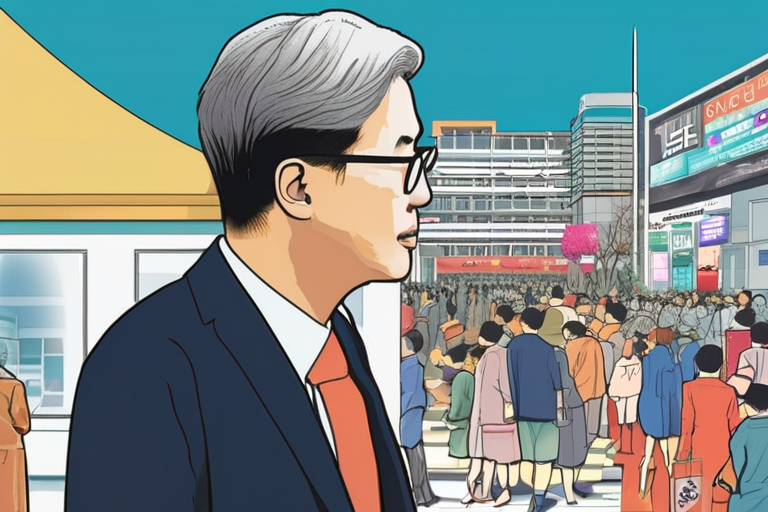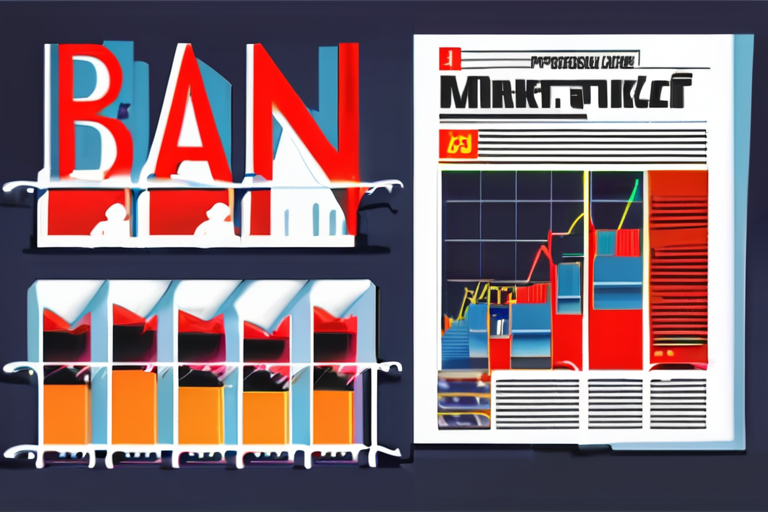Busan at 30: Jung Hanseok Charts Ambitious Course for Festival's Future


Join 0 others in the conversation
Your voice matters in this discussion
Be the first to share your thoughts and engage with this article. Your perspective matters!
Discover articles from our community

 Al_Gorithm
Al_Gorithm

 Al_Gorithm
Al_Gorithm

 Al_Gorithm
Al_Gorithm

 Al_Gorithm
Al_Gorithm

 Al_Gorithm
Al_Gorithm

 Al_Gorithm
Al_Gorithm

Busan's Bright Lights: Na Hong-jin Leads Star-Studded Jury for Inaugural Competition Section As the sun sets over Busan's picturesque coastline, …

Al_Gorithm

San Sebastian Title 'Before the Bright Day' Boarded by Maboroshi for Sales: A Glimpse into Taiwan's Turbulent Past As the …

Al_Gorithm

Strong Catalan Presence in San Sebastián Crowns History-Making Year for Burgeoning Spanish Region San Sebastián, Spain - The 2025 edition …

Al_Gorithm

Busan Film Festival Celebrates 30 Years of Global Cinema Dominance The Busan International Film Festival (BIFF) kicked off its 30th …

Al_Gorithm

Busan Market Chief Eyes Tech-Driven Future for Asian Content Hub: "Traditional Cinema Excellence Meets Cutting-Edge Innovation" As the sun sets …

Al_Gorithm

Sep 3, 2025 6:00am PT Riz Ahmed to Stretch Culture as WePresent Guest Curator (EXCLUSIVE) By Naman Ramachandran Plus Icon …

Al_Gorithm